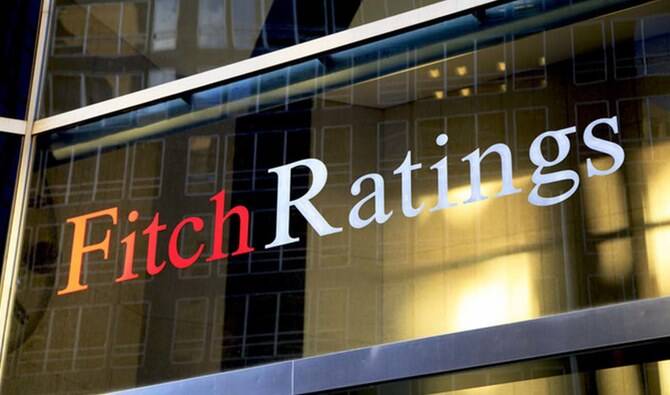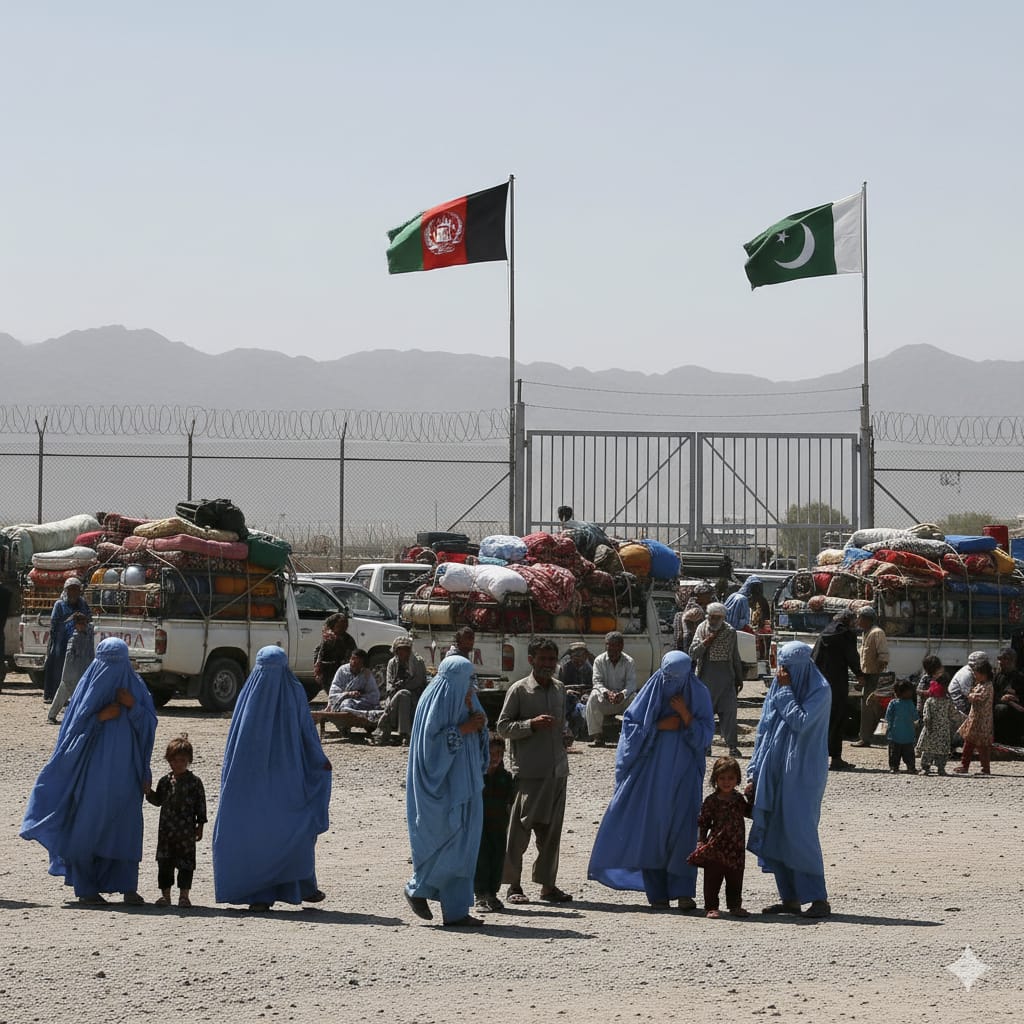Monitoring Desk :
Fitch Ratings has upgraded Pakistan’s Long-Term Foreign-Currency Issuer Default Rating (IDR) to ‘B-’ from ‘CCC+’, reflecting growing confidence in the country’s recent economic reforms and fiscal discipline. The outlook remains Stable.
In a statement issued Tuesday, Fitch cited Pakistan’s strides in narrowing budget deficits, implementing structural reforms, and adhering to its IMF programme as key factors driving the upgrade.
“The upgrade reflects Fitch’s increased confidence that Pakistan will sustain its recent progress on narrowing budget deficits and implementing structural reforms, supporting its IMF programme performance and funding availability,” the statement said.
Fitch noted that while domestic demand is expected to remain strong in FY25, fiscal deficits should stay below 1% of GDP over the coming years.
However, some informal foreign exchange (FX) controls may still be in place, despite broader market reforms introduced in 2023.
The agency cautioned that international trade tensions could impact Pakistan’s exports—particularly to the U.S., which makes up around 3% of GDP and 35% of total exports, mostly in textiles. However, declining global commodity prices could help mitigate any negative impact on the trade balance.
Remittances, a major source of foreign exchange for Pakistan, continue to show resilience, particularly inflows from the Middle East, Fitch added.
On the external front, Fitch highlighted a positive trend in Pakistan’s foreign reserves. Gross reserves rose to just under $18 billion in March 2025, up from around $15 billion at the end of FY24 and less than $8 billion in early 2023, largely due to the central bank’s foreign exchange purchases in the interbank market.
However, challenges remain. Pakistan faces external debt maturities of approximately $8 billion in FY25 and over $9 billion in FY26, with nearly $5 billion due in the second half of the current fiscal year.
Fitch also flagged political volatility as a potential risk, noting that governments in Pakistan have historically struggled with consistent implementation of IMF programmes.
“While there appears to be a broad consensus on the need for reform, this could weaken over time. Technical challenges will also be significant,” Fitch warned. Despite the risks, the upgrade marks a positive signal for investors and international lenders, suggesting greater stability and improved financial management



